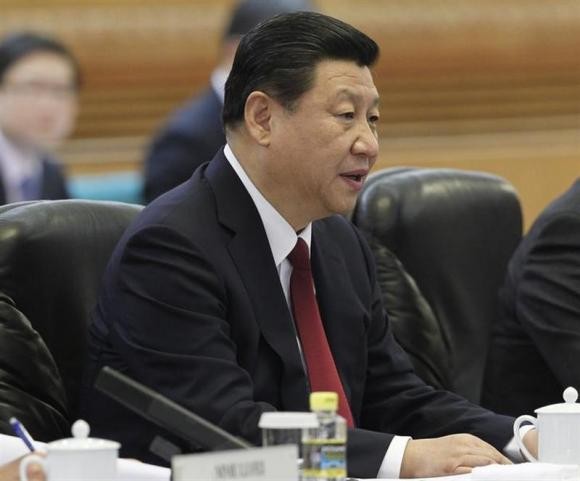China's military forces seek to remain on top of the cyber intelligence game, saying that tighter cybersecurity and faster software development are their pressing agenda to resolve domestic technological flaws.
"Information security must be considered an underlying project in military battle preparedness," said People's Liberation Daily, the military's official paper.
The internet and cybersecurity are still dominated by "Western powers and values," the PLA admits, and this is the reason why it has decided on a more active approach in gaining on.
"We will strongly advance the domestic and independent building of programs, and strengthen the foundations of our information security," it added.
To focus the efforts, President Xi Jinping leads a government body for internet security that is tasked to turn China into a "cyper power."
One of Xi's steps in achieving internet security in China is cracking down online users and websites that spread rumors and criticisms about the government. This has been part of what is known as the Great Firewall, a strict censorship of social media websites and foreign media agencies and rights groups.
China's concerns with internet security continue to escalate, primarily fuelled by alleged cyber espionage by the United States. Since the 2013 Snowden controversy, which revealed the plan of the U.S. to spy on the PLA, China's state media have been critical of American technology companies.
China and the U.S. have been exchanging accusations over cyberattacks. In May, the U.S. Justice Department indicted five Chinese military officials with data pilferage from six American companies. The Chinese government dismissed the allegation and sought for retraction of the charge.



























